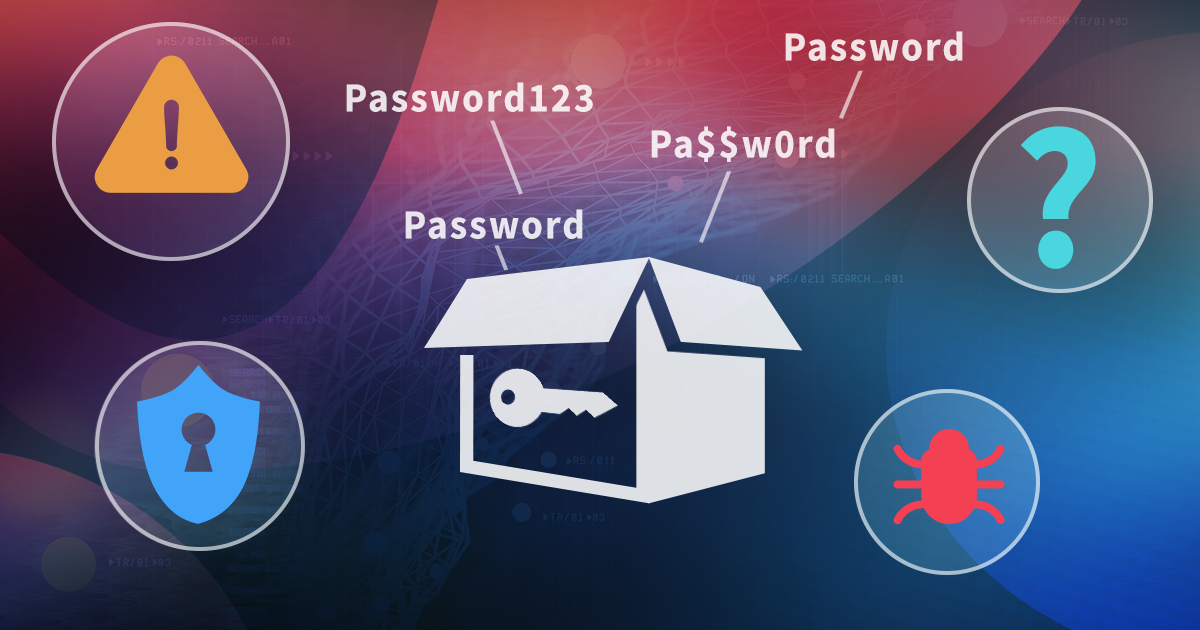As we already know, Apple syncs many types of data across devices that share the same Apple ID. Calls logs, contacts, Safari tabs and browsing history, favorites and notes can be synced. The syncing mechanism supposedly synchronizes newly created, edited and deleted items. These synchronizations work near instantly with little or no delay.
We’ve got a few forensic tools for getting data off the cloud, with Apple iCloud and Google Account being the biggest two. Every once in a while, the cloud owners (Google and Apple) make changes to their protocols or authentication mechanisms, or employ additional security measures to prevent third-party access to user accounts. Every time this happens, we try to push a hotfix as soon as possible, sometimes in just a day or two. In this article, we’ll try to address our customers’ major concerns, give detailed explanations on what’s going on with cloud access, and provide our predictions on what could happen in the future.
Cloud acquisition has been available for several years. iPhones and iPads running recent versions of iOS can store snapshots of their data in the cloud. Cloud backups are created automatically on a daily basis provided that the device is charging while connected to a known Wi-Fi network. While iCloud backups are great for investigations, there is one thing that might be missing, and that’s up-to-date information about user activities that occurred after the moment the backup was created. In this article, we’ll discuss an alternative cloud acquisition option available for iOS devices and compare it to the more traditional acquisition of iCloud backups.
iCloud sync is everywhere. Your contacts and calendars, system backups and photos can be stored in the cloud on Apple servers. This time, we discovered that yet another piece of data is stored in the cloud for no apparent reason. Using an iPhone and have an active iCloud account? Your calls will sync with iCloud whether you want it or not. In fact, most users we’ve heard from don’t want this “feature”, yet Apple has no official way to turn off this behavior other than telling people “not using the same Apple ID on different devices”. What’s up with that? Let’s try to find out.
We discovered a major security flaw in the iOS 10 backup protection mechanism. This security flaw allowed us developing a new attack that is able to bypass certain security checks when enumerating passwords protecting local (iTunes) backups made by iOS 10 devices.
We’ve just released the first major update to Elcomsoft Phone Viewer, our lightweight forensic tool for glancing over data extracted from mobile devices. Boosting version number to 2.0, we added quite a lot of things, making it a highly recommended update.


